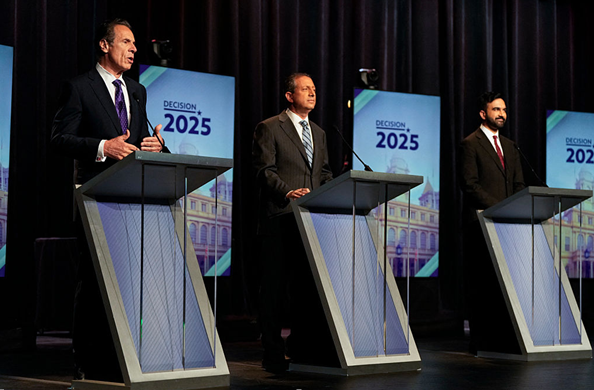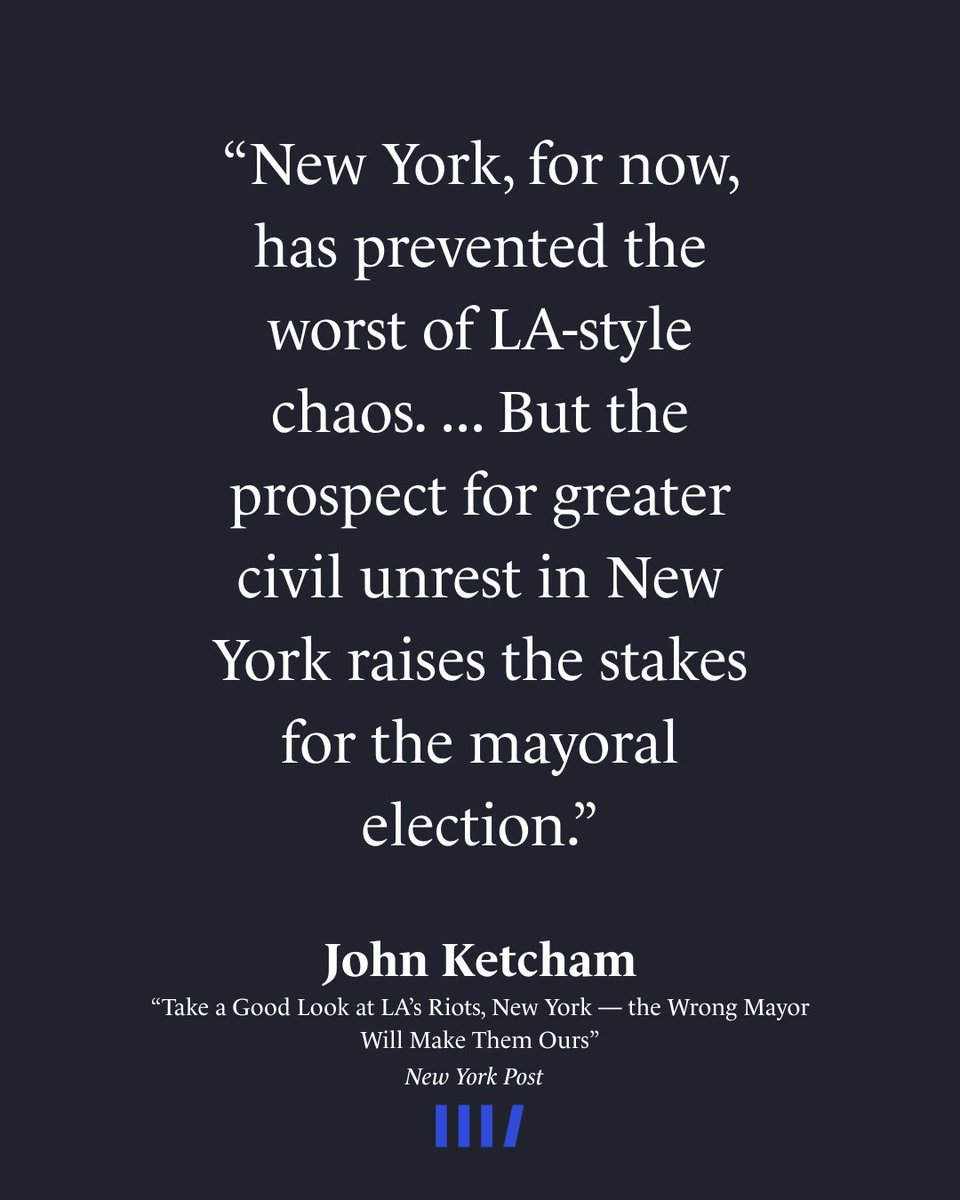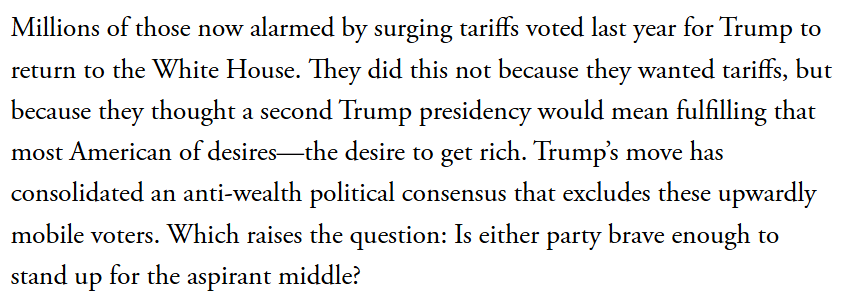We are pleased to announce our “New York City: Reborn” project, an Institute-wide initiative to kick-start the city’s recovery and develop a post-pandemic policy agenda for #NYC. 1/ manhattan-institute.org/new-york-city-…
“New York City: Reborn” is a wide-ranging project encompassing research, journalism, and events. Together, we aim to form a comprehensive agenda for the city’s recovery and a policy blueprint for its future leaders. 2/
PR: manhattan-institute.org/press/new-init…
PR: manhattan-institute.org/press/new-init…
The #COVIDー19 pandemic and subsequent economic crisis have sent New York City—not to mention the country at large—into a recession, putting millions out of work and crippling public services. 3/
But Gotham will bounce back—and the @ManhattanInst and @CityJournal are here to help spark its renaissance. 4/ 

Post-pandemic, we envision a growing #NYC with a thriving economy, healthy finances, accessible housing, effective infrastructure, flourishing education, safe streets, and increasing competitiveness.
This initiative will help turn that vision into reality. 5/
This initiative will help turn that vision into reality. 5/
As our recent poll with @EchelonInsights found, New Yorkers are worried about their city but are generally united around policy solutions that would improve it. 6/ manhattan-institute.org/new-yorkers-vi…
For the next year, “New York City: Reborn” will develop solutions to help the city recover from its current crisis—ideas that will restore fiscal sustainability and public order to the city, preserve its public services, and resonate with a broad majority of New Yorkers. 7/
This work will complement an ongoing series of features in @CityJournal’s online and print editions. 8/ city-journal.org/new-york-city-…
Already in @CityJournal, @jamesbmeigs has written a guide to retrofitting offices to stave off #COVIDー19, @Rafa_Mangual has warned about the effects of de-policing on public order, and @nicolegelinas has outlined a plan to save the #MTA. 9/ city-journal.org/covid-19-makin…
.@ManhattanInst will convene a series of symposia—bringing together business, civic, and academic leaders with our experts to discuss issues like public transit, housing, budget, infrastructure, education, public safety, and small-business competitiveness. 10/
Already, viewers tuned in to important conversations on policing, quality of life, transit, reopening, and more—visit our website for recordings and register for upcoming eventcasts. 11/ manhattan-institute.org/events 

Issue-specific working groups will draft a series of research briefs. Most recently, we commissioned a survey of NYC’s high-income earners on the future of work and quality of life in the city.
Read the issue brief by @michael_hendrix 12/ manhattan-institute.org/survey-nyc-hig…
Read the issue brief by @michael_hendrix 12/ manhattan-institute.org/survey-nyc-hig…
Stay tuned for more updates @ManhattanInst /end manhattan-institute.org/new-york-city-…
• • •
Missing some Tweet in this thread? You can try to
force a refresh

















